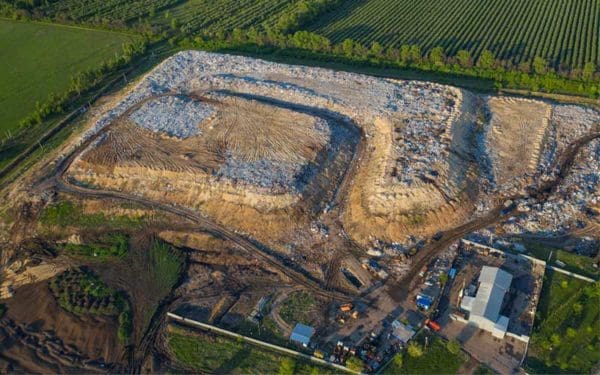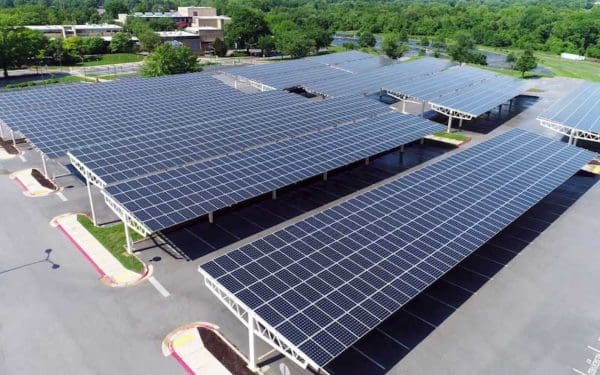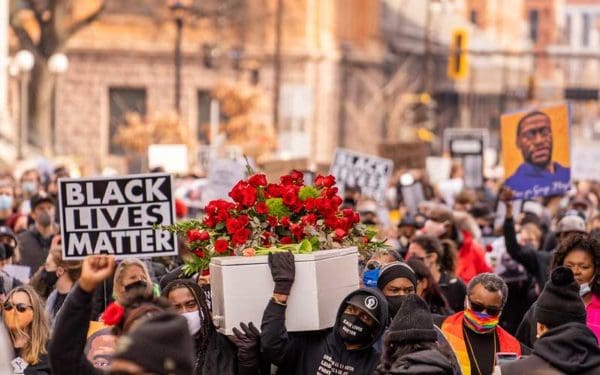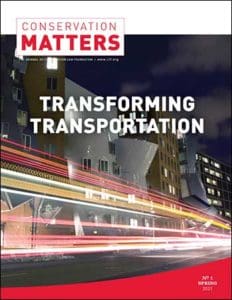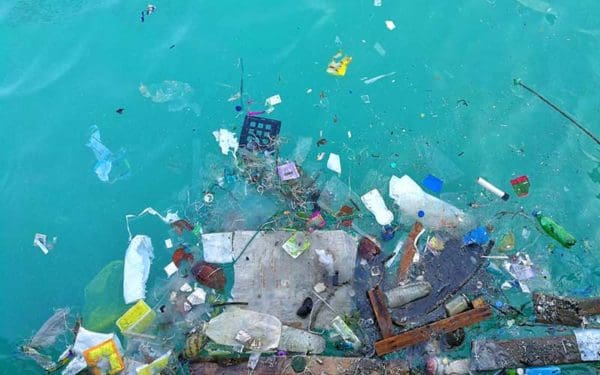May 13, 2021
“Brookfield’s unwillingness to do the right thing on the Kennebec is unacceptable,” said Sean Mahoney, who directs the Conservation Law Foundation’s Maine advocacy center.
May 10, 2021
Time and again, corporate waste giants are granted permission to expand their dangerous landfills. CLF is working to stop these Northern New England landfills from getting bigger and harming our communities.
Apr 30, 2021
New England won’t be able to meet its climate goals and enjoy the benefits of clean energy unless our grid operator undertakes serious reform.
Apr 29, 2021
Ensuring a just economic recovery from the pandemic means not following a business-as-usual model. Instead, we must prioritize people’s health, provide direct relief to families and individuals, and invest in the future of our communities.
Apr 24, 2021
Over 40% of New England’s climate-damaging emissions billow from the exhaust pipes of our cars, trucks, semis, buses, and trains. We cannot solve climate change without cutting that pollution. And in the process, we have a unique opportunity to reimagine our region’s transportation systems as ones that are both affordable and accessible to everyone.
Apr 22, 2021
Tuesday’s verdict was one welcome step toward change. But at CLF, we believe that real progress lies in systemic policy change that will break down the racist systems that have been in place for generations – ending white supremacy in this country.
Apr 16, 2021
We find ourselves on the cusp of a sea change in how we transport people and goods as we urgently work to cut the climate-damaging emissions that spew from New Englanders’ tailpipes.
Apr 08, 2021
Biden’s infrastructure package represents a critical investment in our future, infusing much-needed funding to ramp up New England’s transition to a carbon-free economy by 2050.
Apr 08, 2021
We’re tackling transportation from all sides.
Apr 02, 2021
On December 2, 2020, a ship carrying plastic waste from abroad was being unloaded when 5,000 pounds were lost to Maine’s Penobscot Bay. The spill sparked outrage and left many people asking the same question: Why is the U.S., which generates the most plastic waste globally, importing even more plastic waste?

